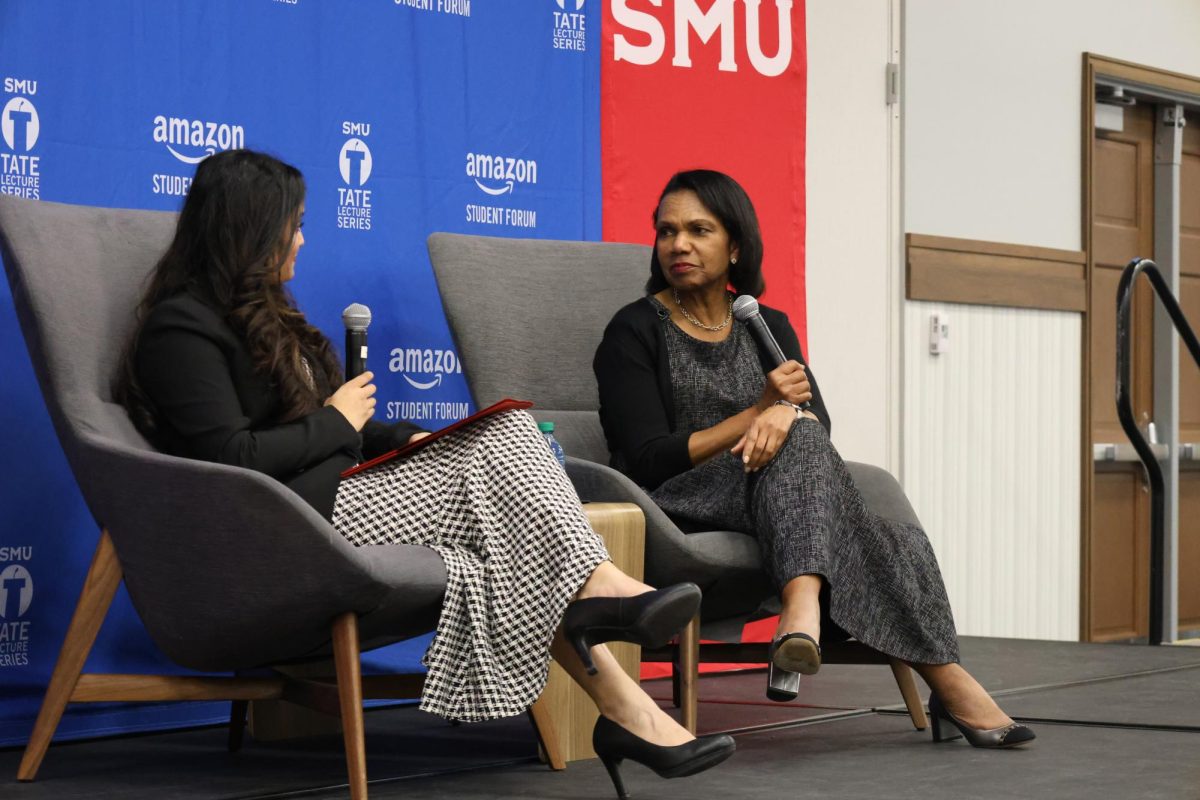by Joanna Pearce
Joanna Pearce is a third-year law student at the SMU Dedman School of Law and the President of OUTlaw, SMU’s LGBTQ and ally law student association.
The principle of freedom of speech is perhaps one of the most venerated aspects of American life. The health of our society depends on the free exchange of ideas and information, and that is incredibly important on university campuses, where civil discourse is an integral component of obtaining an education. Even at private universities like SMU, where the strictures of the First Amendment do not apply, free speech is nevertheless a vital principle to be protected.
However, we protect speech because of its power; speech can have enormous — even harmful— effects. It can be used to ostracize and marginalize the disenfranchised or to send a message of exclusion and hostility to those seeking a position of equal footing and opportunity among their peers. And in the digital age, the ubiquitous nature of speech has renewed debate over the balance between free speech and hate speech, because of the potential for the harmful effects of speech to be amplified with the click of a mouse.
This week, SMU has become the focus of such debate by welcoming Steven Crowder to campus. Crowder, a speaker notorious for his penchant for “triggering” others, makes a living by identifying and employing precisely the kinds of speech designed to do harm. Words like “f*ggot,” which have been used to oppress and abuse members of the LGBTQ community for generations, hold a cherished place in Crowder’s vocabulary, and he wields them precisely because of their ability to injure.
Although access to respectful dialogue is a crucial element of any education, the foundation of respectful dialogue is respect. Words designed to demean, harass, or intimidate others — typically, members of an insular minority — are not used with respectful intention; they are, by nature, words used to wound. And when they are hurled like the hateful insults that they are, any aspect of respect is immediately siphoned away from the resulting dialogue. Instead of fostering the free exchange of ideas and information, these kinds of words create a nearly insurmountable obstacle to healthy, civil debate by instantaneously relegating their targets to a place of subordination.
This is why protests are important. Where free speech fails to contribute to education because of hateful intent, counter-speech steps in to balance the scales. When the use of hate speech wholly strips civil discourse of civility, counter-speech fills the void by offering respectful dissent. Protests provide a mechanism for salvaging important conversations that would otherwise be thwarted by the use of hate speech, and preserving the role of universities as bastions of intellectual discussion and debate.
The students protesting at SMU do not oppose free speech. Rather, they respect it so highly that they want to save it from being mutilated to the point of weaponization. We respect your right to call us f*ggots, but that does not mean we’ll tolerate it without engaging in speech of our own.















